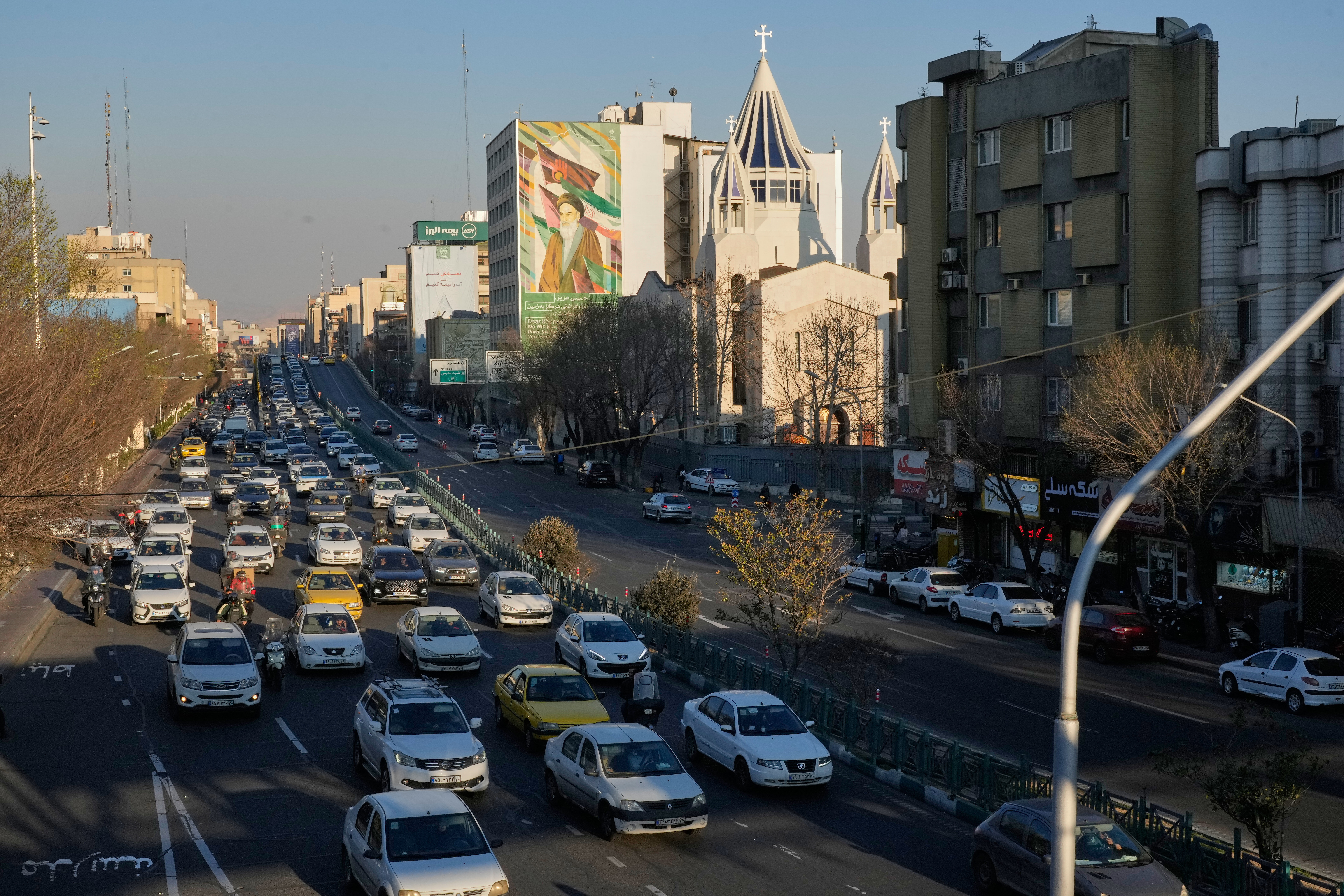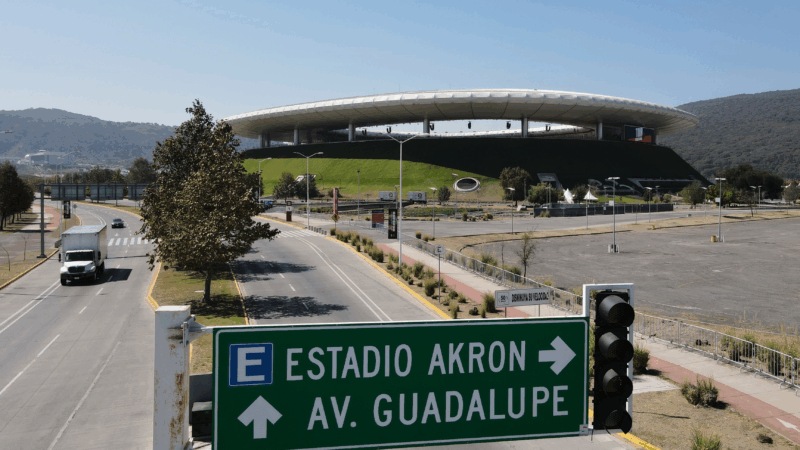Partly Numb, A UAB ICU Nurse Finds Ways To Carry On
UAB Hospital is caring for more than 300 COVID-19 patients, of that total, 84 are COVID convalesced — a new term used to describe patients who are no longer contagious but must remain hospitalized. Health care workers expect that number to increase as the surge in coronavirus cases continues. Kelsey Jacks is a registered nurse in the hospital’s Medical Intensive Care Unit. Last summer, we heard from Jacks about her experience caring for patients diagnosed with the coronavirus. We checked in again as Alabama hospitals reach a breaking point with COVID patients.
She said one thing that has changed since the post-holiday surge is that other units have been altered to care for additional COVID patients. Jacks said as of right now, there are at least four ICUs operating just to manage and care for these patients.
How are you holding up?
“The word that keeps coming to mind is heavy. My heart, soul and my mindset is just heavier now, even on good days in our unit. Me and my coworkers have this new heaviness that we carry and that we feel because we see the worst of the worst of this virus every day that we’re at work. So, I’ve had to make a conscious effort to take care of myself, be intentional about the support that I ask for and the help that I receive. To be candid, I am in therapy now for the first time in my life. I’m seeing a therapist once a month over Zoom just to help me cope with the things I’m seeing on a day to day basis. Though I was an ICU nurse before, though, I did see deaths and sickness before, it’s just a whole new level when you’re seeing it through a pandemic and you’re seeing patients that are separated from their loved ones and going through this alone and having to talk to those family members who are separated from their loved ones over the phone every day. That stuff stays with you.
The last time you spoke with us, you mentioned that the hardest part of your job is watching people die alone. Is that still the hardest part for you or have you become numbed by the death toll?
“In a way, there’s a part of you that has to become numb just to get through the situation, because I can do my job and I can be there for someone and not really have to think about the weight of it. But then it might be hours, days, weeks, sometimes it’s been months later, a case will come back to my mind and that’s when I really feel the emotional weight of what I witnessed and what I was a part of. There are some nights and days where I see faces of a patient that I’ve lost or that was suffering, or I can hear the voice of a wife or a son or a daughter on the phone that’s just desperate to be with their loved one. So, you don’t become numb to that; it does change you and it does stay with you. But at the same time, that’s how I know I’m doing what I want to be doing because it still affects me. And that’s how I know that’s what I want to be doing because if it were me in that situation, I would want someone that cared and that was empathetic to be there for me and my family member as well.”
You were among the first group of health care workers to receive the COVID vaccine. How relieved were you as you received that shot in your arm?
“The entire experience of going to get the first of two doses of the Pfizer vaccine was incredible. I remember I walked up to UAB and there was a line outside of the workers who had been chosen to be the first to get vaccinated. I remember walking up in that line and seeing the faces of respiratory therapists, nurses, nurse practitioners, all of my fellow coworkers in line to get the vaccine. And I remember thinking, wow, I can see the heaviness in their eyes like I see in mine. But I also see hope and excitement on their faces. And it honestly felt like a party because everyone was so excited to be there and to see some kind of light at the end of this dark tunnel. And it was a few days before Christmas and there was Christmas music playing in the background. And it just felt like a weird, socially distanced Christmas party. But I walked in and it just felt so surreal, to be honest. When it was my turn, it happened so quickly. I walked up to the cubicle and sat down and the nurse gave me the vaccine and had me sit there for a minute. And I remember sitting there and looking around and seeing all of these coworkers that I loved that were there, too. And I just started crying because I was so excited and overwhelmed that we were at this point and that we were starting to see hope.”
UAB holds WBHM’s broadcast license but our news and business departments operate independently.
U.S. and Iran to hold a third round of nuclear talks in Geneva
Iran and the United States prepared to meet Thursday in Geneva for nuclear negotiations, as America has gathered a fleet of aircraft and warships to the Middle East to pressure Tehran into a deal.
FIFA’s Infantino confident Mexico can co-host World Cup despite cartel violence
FIFA President Gianni Infantino says he has "complete confidence" in Mexico as a World Cup co-host despite days of cartel violence in the country that has left at least 70 people dead.
Supreme Court appears split in tax foreclosure case
At issue is whether a county can seize homeowners' residence for unpaid property taxes and sell the house at auction for less than the homeowners would get if they put their home on the market themselves.
Top House Dem wants Justice Department to explain missing Trump-related Epstein files
After NPR reporting revealed dozens of pages of Epstein files related to President Trump appear to be missing from the public record, a top House Democrat wants to know why.
ICE won’t be at polling places this year, a Trump DHS official promises
In a call with top state voting officials, a Department of Homeland Security official stated unequivocally that immigration agents would not be patrolling polling places during this year's midterms.
Cubans from US killed after speedboat opens fire on island’s troops, Havana says
Cuba says the 10 passengers on a boat that opened fire on its soldiers were armed Cubans living in the U.S. who were trying to infiltrate the island and unleash terrorism. Secretary of State Marco Rubio says the U.S. is gathering its own information.






